
Filter by Columns


My girlhood in Vietnam consists of many ordinary fangirling activities—collecting pirated CDs, worshipping Vietnamese pop singers, but most of all I remember watching with my older sister hundreds, if not thousands-episode-long Chinese dramas. Probably because of the sheer length of these series, the narrative often spans centuries, with characters whose souls traverse through time and space and whose paths would cross over multiple lifetimes. As I get older, I’m continually drawn back to stories where both love and hate endure beyond one person’s limited mortality, where the soul’s unresolved wishes return and return. My second novel Constellations of Eve follows three people through three different reincarnations. Time plays a crucial role in these narratives, and so does love—I wonder if it’s because it takes more than just one life for us to find each other. I haven’t been around for that long, but I’ve seen how easily we miss each other, despite our best intentions. This is a list of works, both fiction and nonfiction, about how love through the fabric of time, fractures, multiplies, gets lost—and is found.
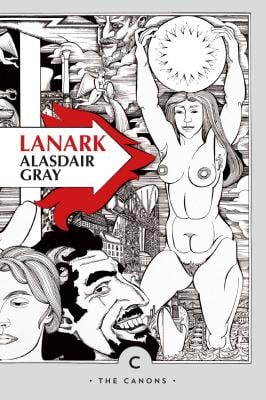
A four-piece puzzle of psychological dream work set in hell, purgatory, and paradise. The novel follows Duncan Thaw, who calls himself Lanark, across various lives. This enchanting, at times chaotically knotted, narrative is many things—a dystopian in which society self-destructs, the journey of an artist, but it is also about two people, Lanark and Rima, who continually find and lose each other. Gray’s massive neon nightmare, accompanied by the author’s own illustration, cannot and should not be fully comprehensible. The prose entrances as dreams do, with moments of breathless clarity. This is one of the best genre-bending, modernist masterpieces I’ve ever been lucky enough to stumble upon.
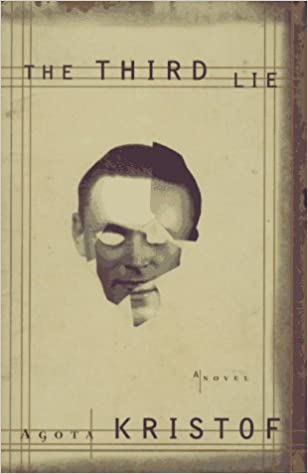
Translated from French by Alan Sheridan, David Watson, Marc Romano
This novel is the final book in a harrowing trilogy about twin brothers Claus and Lucas, trapped in a country ravaged by war and totalitarianism. The Notebook trilogy is not for the faint-hearted—Kristof’s portrayal of humanity is brutal, horrendous, and without redemption. The last installment brings the entire narrative into question: the characters’ identities, the events that happened to them, truth and lies have all become ambiguous and indistinguishable from one another. I wonder if for Kristoff, it is kinder to look at humanity unflinchingly, despite its depravity and sublime darkness, rather than to deceive ourselves into believing otherwise.
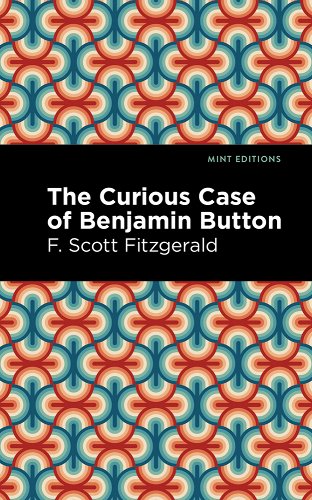
I’ve heard of this book’s title, popularized by the film adaptation, long before I realized it was written by F. Scott Fitzgerald! Perhaps it is among his least appreciated works. Benjamin Button is struck with the supernatural condition of aging backward—he is born as a seventy-year-old man and eventually grows younger until he returns to the cradle as a baby. Ironically, even with such a speculative conceit, Benjamin’s life is much like our own, with its joys and sorrows. As I watch my grandparents age and become bed-bound, I am touched by their sweetness and increasingly child-like demeanors, I also wonder if there is much of a difference between the beginning and the end of life.
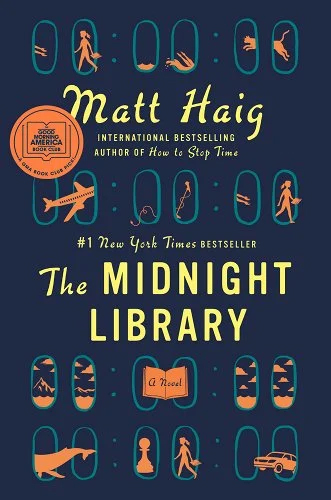
In this speculative novel, a woman Nora finds herself in a library at the edge of the universe. Here, she can view an infinite number of books about how her life currently and how it could have gone differently. As every decision, big or small, can catapult a person down entirely different paths, the novel explores one of our most universal and human question: What-if? Perhaps knowing that somewhere out there, there is a version of ourselves living their best life, is a point of consolation.
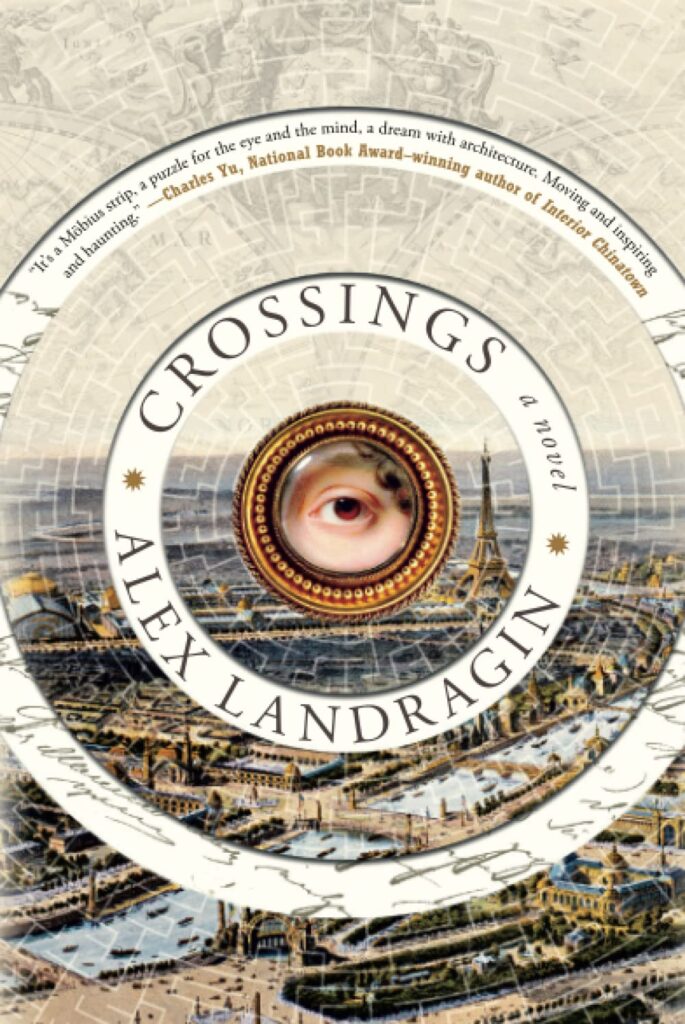
An adventurous tale(s) that can be read chronologically, or in alternate sequences. The novel features three narratives with characters whose lives span continents and centuries. The story centers around two lovers, a man and a woman who have the ability to cross over into another body, except that the man cannot remember the lives that went before with each crossing, while the woman is cursed with the memories of their love, and the responsibility to find her lover and resurrect all the times they’ve found and lost each other. Landragin’s genre-bending work testifies to the enduring power of love, missed opportunity, and regret. It reminds me of the same Buddhist principle in reincarnation that informs my own work.
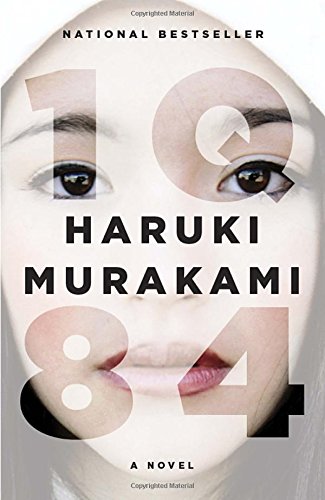
Translated from Japanese by Jay Rubin, Philip Gabriel
Originally published as a series in Japan, this hefty novel follows Aomame and Tango, who are mysteriously and somewhat torturously bonded as they are held apart by time and space. Despite the multiple slips in the cosmos and shifting universes, the characters are grounded in their persistent search for each other. Time, depicted as an illusion, is a major theme in this story of parallel realities, and singular obsession and desire. Though frequently criticized for its loose ends, unresolved storylines, I believe the narrative’s ability to remain ambiguous in a world that favors dualistic thinking over nuances is courageous and the very reason for why we need novels.
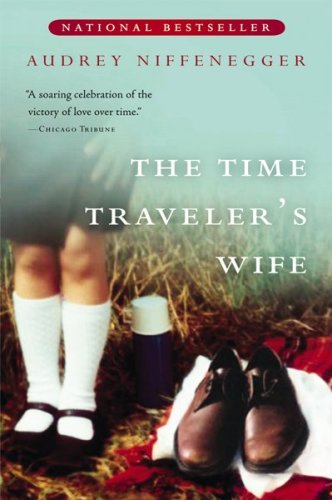
It is hard to make a list of works that feature the bending of time without Niffenegger’s beloved novel. Clare and Henry, are by all definitions, two normal people who happen to fall in love, except that Henry is frequently pulled into different timelines beyond his control. The story of their relationship is at once hilarious, tender, and harrowing. This is one of my first and early introductions to speculative narratives that use time as a theme. Stories like these mirror my own upbringing and belief in love that transcends time and space.
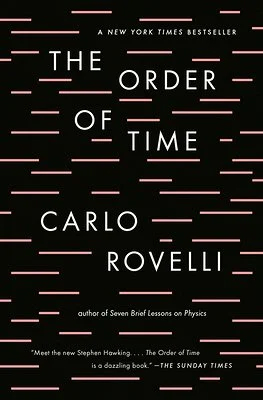
Translated from Italian by Simon Cartnell, Erica Serge
Italian physicist Carlo Rovelli meditates on the many riveting questions about the nature of time: Is there such a thing as the flow of time? Can our experience of time be objective? Do we actually exist in time? Drawing from philosophy and literature, Rovelli writes in elegant and jargon-free accessible prose. This is a book to savior slowly—I have both the paperback and the audible edition, which is read by Benedict Cumberbatch. For the epigraph of my novel, Constellations of Eve, I’ve had to reach out to Rovelli for permission to use a quote from The Order of Time, to which he graciously accepted, adding that he finds it foolish that nowadays we have to ask permission to use each other’s words. “For what do we write if not for sharing?” he asked me.

Abbigail Nguyen Rosewood is a Vietnamese American author. Her debut novel If I Had Two Lives is out from Europa Editions. Her second novel Constellations of Eve is forthcoming from DVAN/TTUP in 2022, a publishing series founded by Isabella Thuy Pelaud and Pulitzer winning author Viet Thanh Nguyen. Her short fiction and essays can be found at Salon, Lit Hub, Electric Lit, Catapult, BOMB, among others. She lives in New York with her husband, their dog, and three cats.
View all Posts